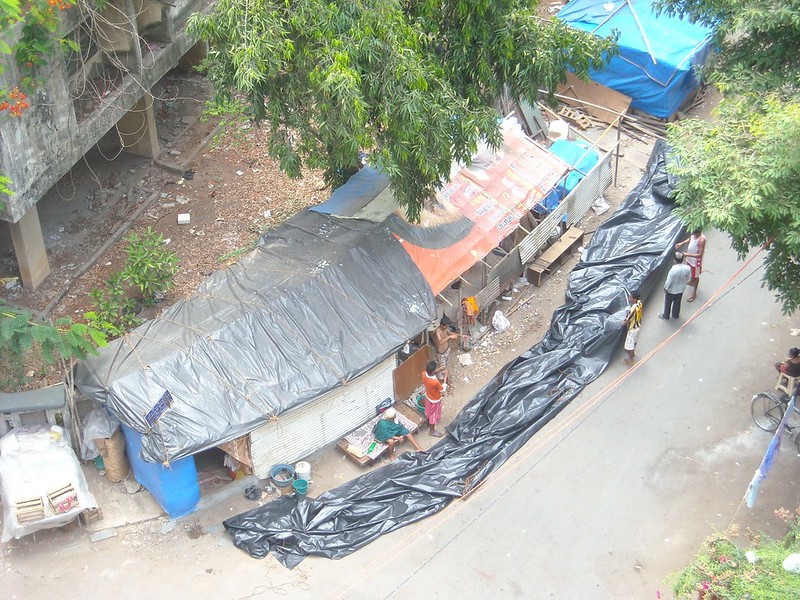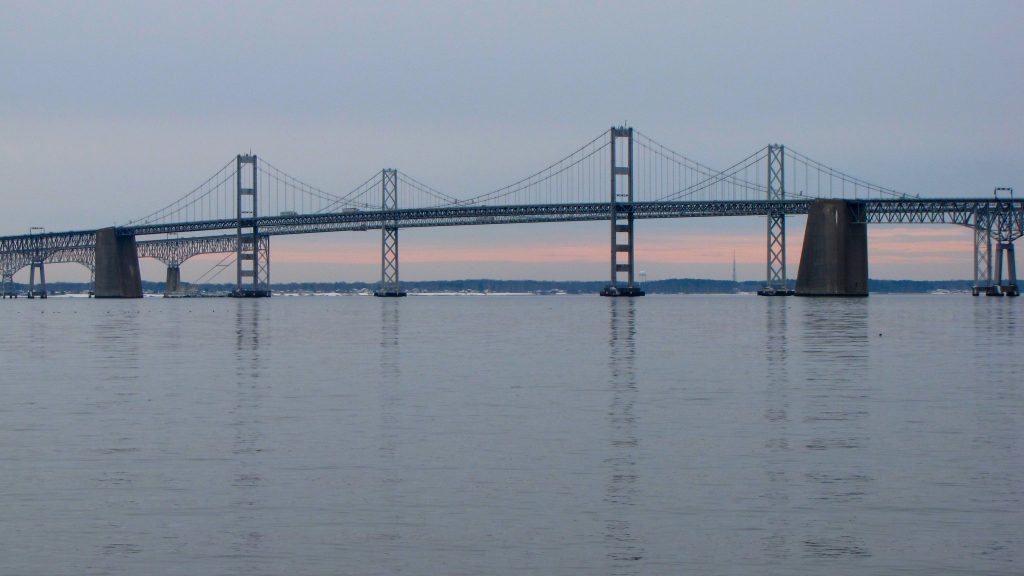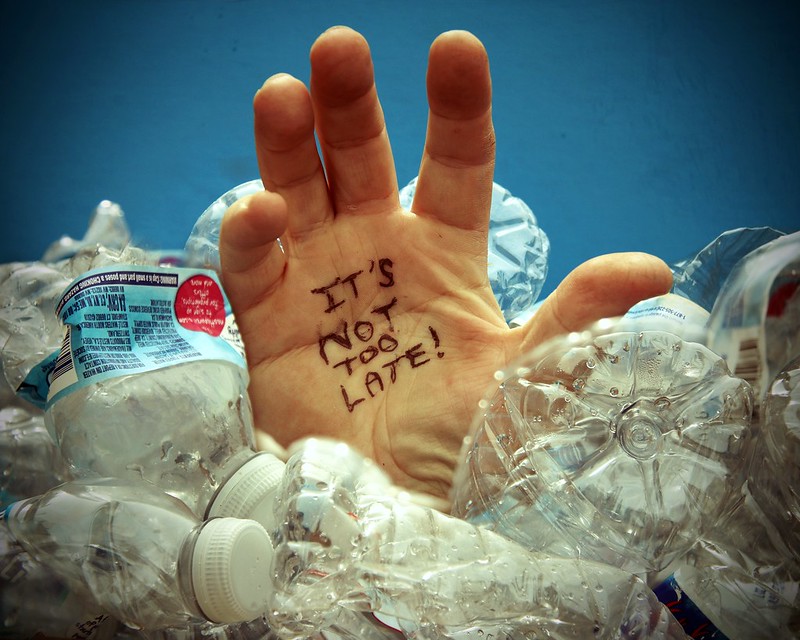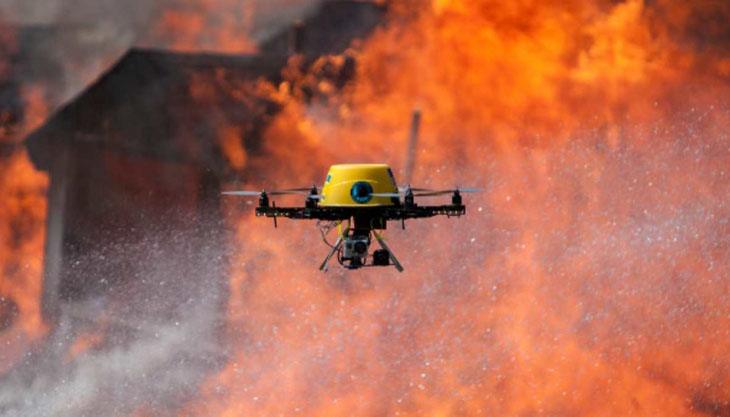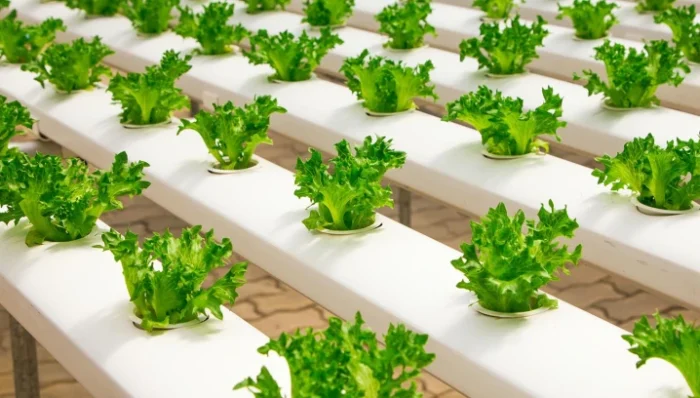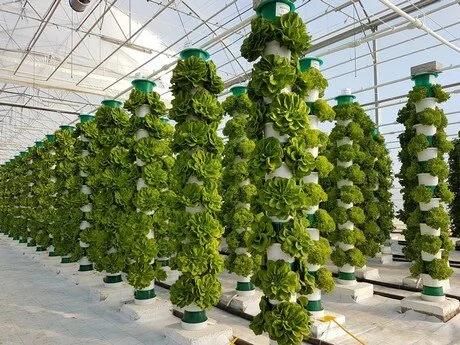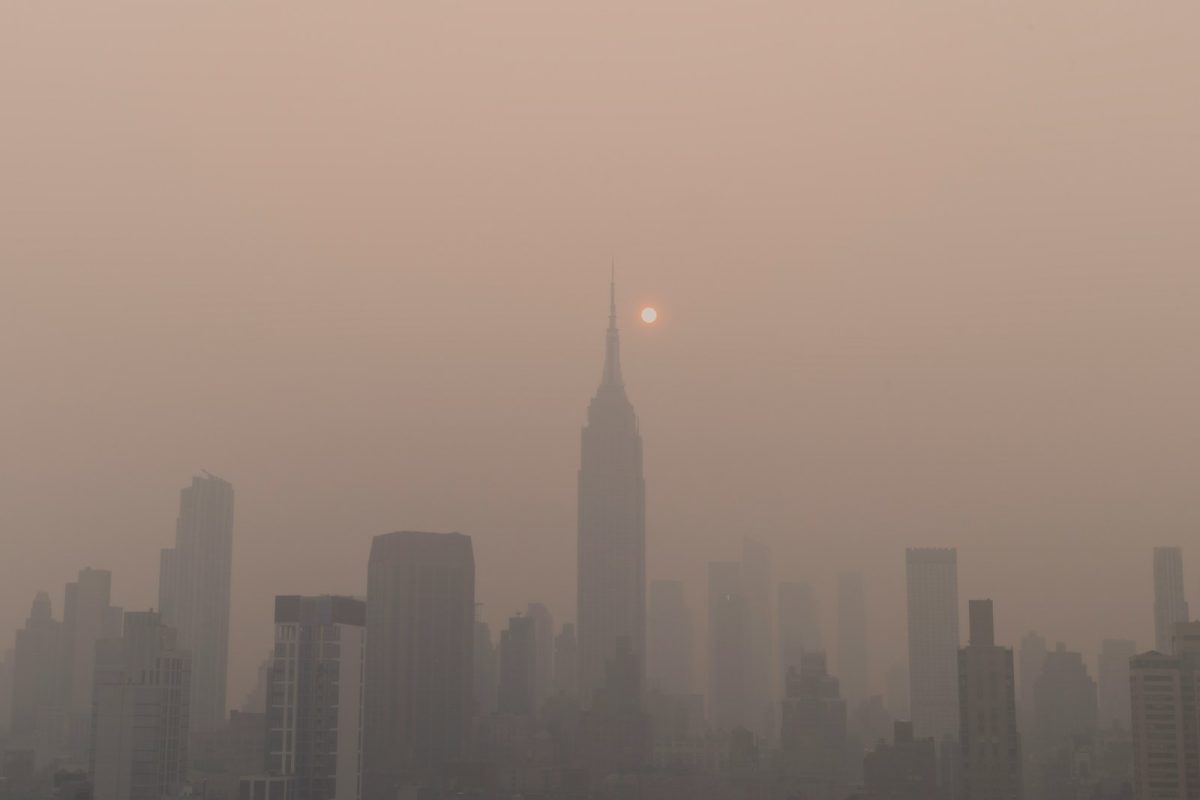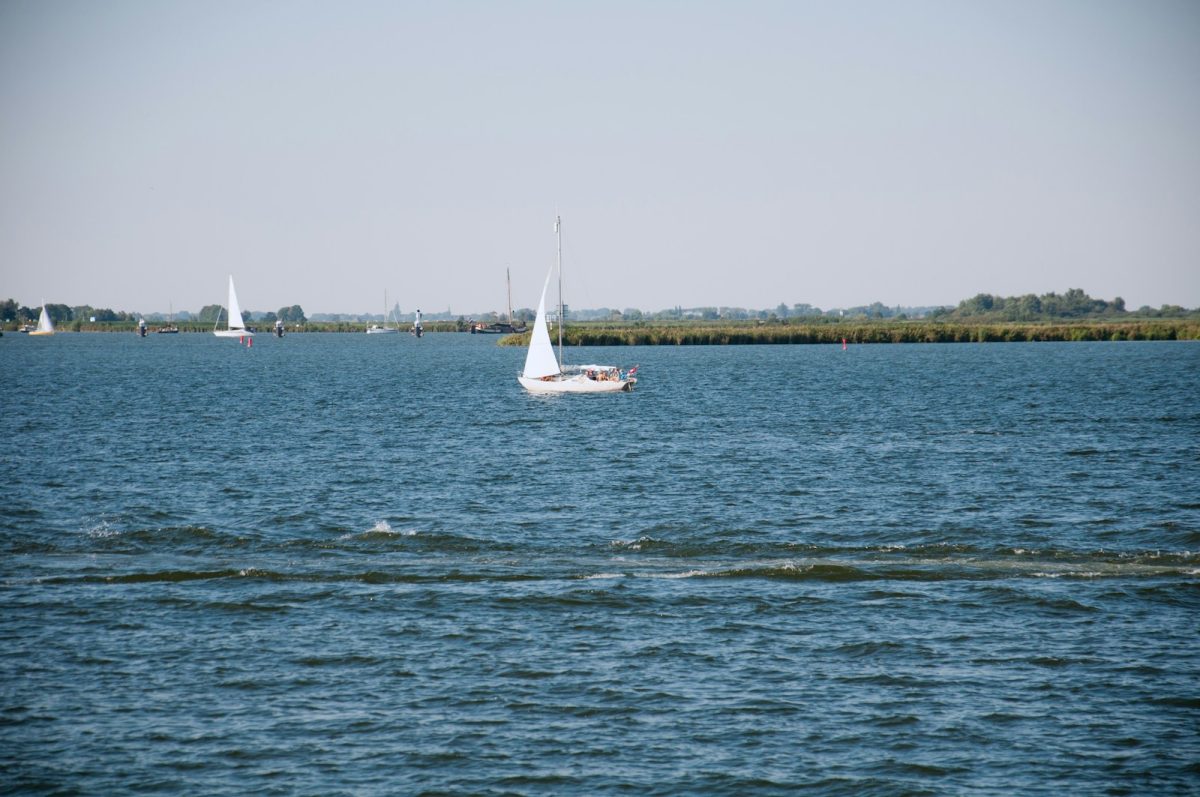Plastic Roads in India are Not the Future
Introduction
In India, where there is tons of plastic, the future of roads seems to lie in this commodity that used to be seen as dirty trash. In addition to reducing pollution and trash on the streets, these new roads are smoother and much cheaper than standard roads. However, even though it seems like a good idea, it presents many problems.
Complexity, Mechanics, and Process
Constructing these plastic roads is a relatively simple process. First, shredded plastic is scattered across crushed up rocks, sand, and other debris. Next, it is heated to about 170 degrees Celsius, which is hot enough to melt the waste. The melted waste is then coated on the debris, and heated bitumen is added, which completes the mixture.
Problems
Plastic road-making is itself a source of pollution. The thermal degradation of PVC will cause harmful emissions, such as hydrochloride acid. This causes the greenhouse effect, trapping heat closer to the earth, contributing to the generation-defining issue of global warming. Additionally, it is impractical, and 1 lakh (100000) plastic bags are needed to make a single 107 square foot plastic road.
Summary
Overall, although these plastic roads may seem like the future, they have many downsides, including adding to global warming issues, and can be a problem in the long run.
Related Stories
https://www.bbc.com/future/article/20210302-could-plastic-roads-make-for-a-smoother-ride
https://theaggie.org/2019/01/30/the-problem-with-plastic-roads/
